Farm to Table Traditions in Modern Liechtenstein
11 min read Exploring how modern Liechtenstein preserves its farm-to-table traditions through local produce and sustainable culinary practices. August 23, 2025 06:05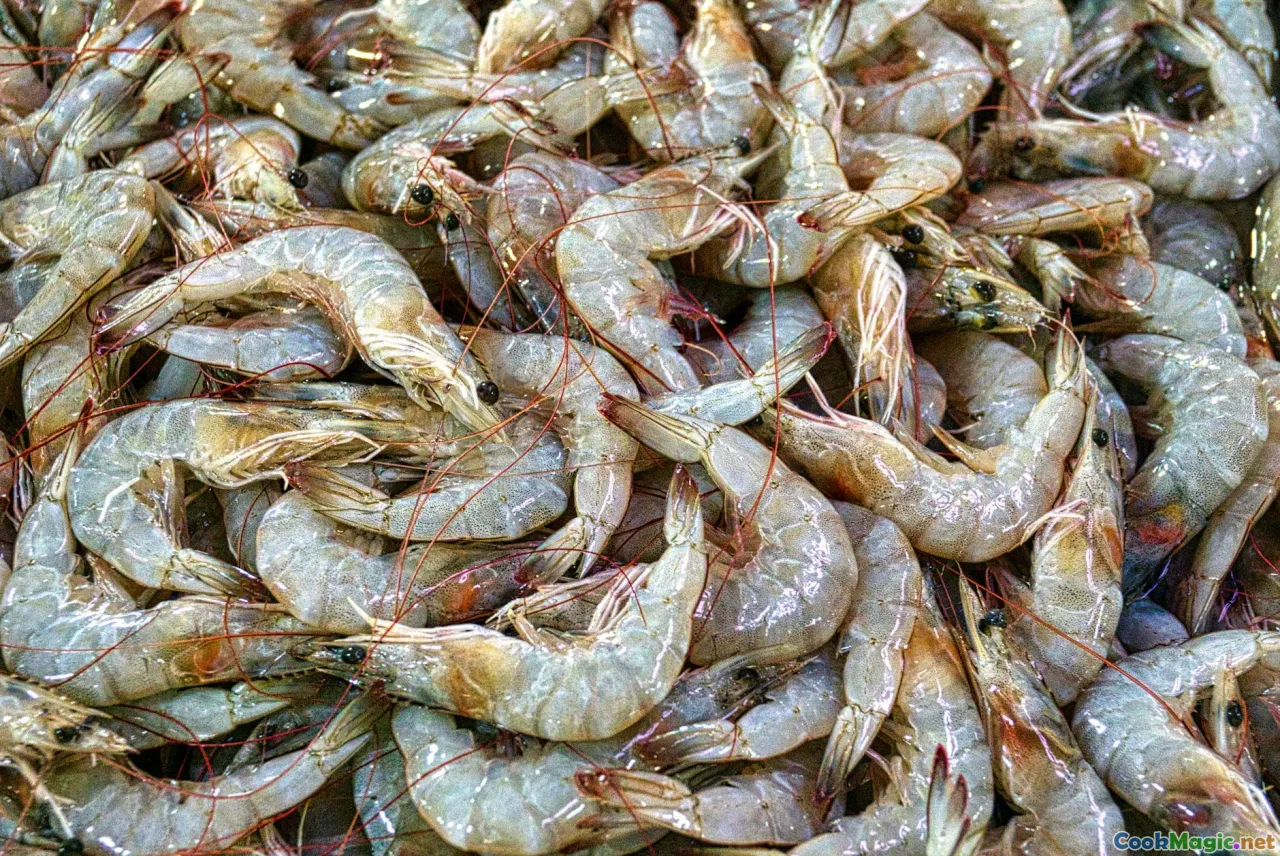
Farm to Table Traditions in Modern Liechtenstein
Imagine waking up to the gentle scent of fresh mountain grasses, the distant chime of cowbells echoing across the Alpine meadows, and a breakfast table laden with vibrant, locally-sourced delicacies. In Liechtenstein, a tiny principality nestled amidst the grandeur of the Alps, these sensory experiences are woven into the fabric of daily life—rooted deep in centuries-old farm-to-table traditions that continue to thrive amidst modern culinary innovation.
This small yet profoundly rich culinary landscape offers a compelling story of how ancient practices blend seamlessly with contemporary eating, transforming humble ingredients into dishes that embody the soul of the Alps and the heart of its people. From centuries-old family farms to the bustling local markets of Vaduz, let us embark on an immersive journey through Liechtenstein’s farm-to-table heritage, discovering how nature’s bounty shapes its cuisine and how it sustains a community intimately connected to its land.
The Historical Roots of Liechtenstein’s Culinary Heritage
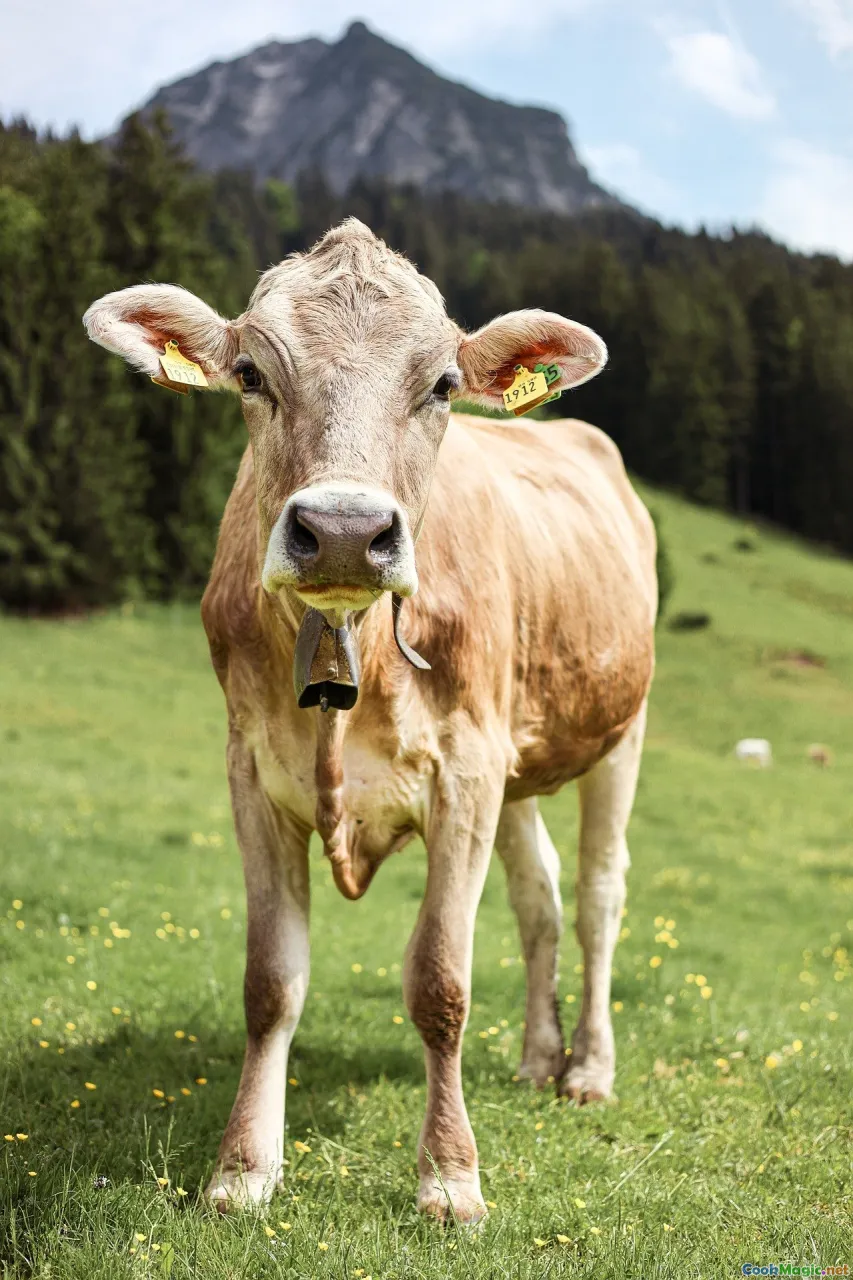
Liechtenstein’s culinary traditions echo its mountainous geography and rural soul. Historically, the people of this principality relied heavily on the land—farming crops, tending herds, and harvesting wild herbs from the wilderness. The rugged terrain dictated a diet of hearty, filling fare designed to nourish amid alpine conditions.
Ancient farmers cultivated barley, oats, and rye, which still form the backbone of traditional bread and porridge. Cattle, sheep, and goats supplied meat and dairy, and every household knew the art of cheese-making, with the treasured Liechtenstein kindkäse—a semi-hard cheese with a nutty edge, made from fresh sheep or goat milk. These dairy products, along with smoked sausages and cured meats, were essential elements of sustenance, prepared with minimal preservatives, showcasing an ethos of preservation and resourcefulness.
By the 19th century, local markets began to flourish, and recipes rooted in farm life, such as Kasknödel (cheese-filled dumplings) and Ribel (a cornmeal dish), gained popularity. These dishes remain vital symbols of Lemle-style hospitality and resilience.
From Land to Table: The Sustainable Philosophy
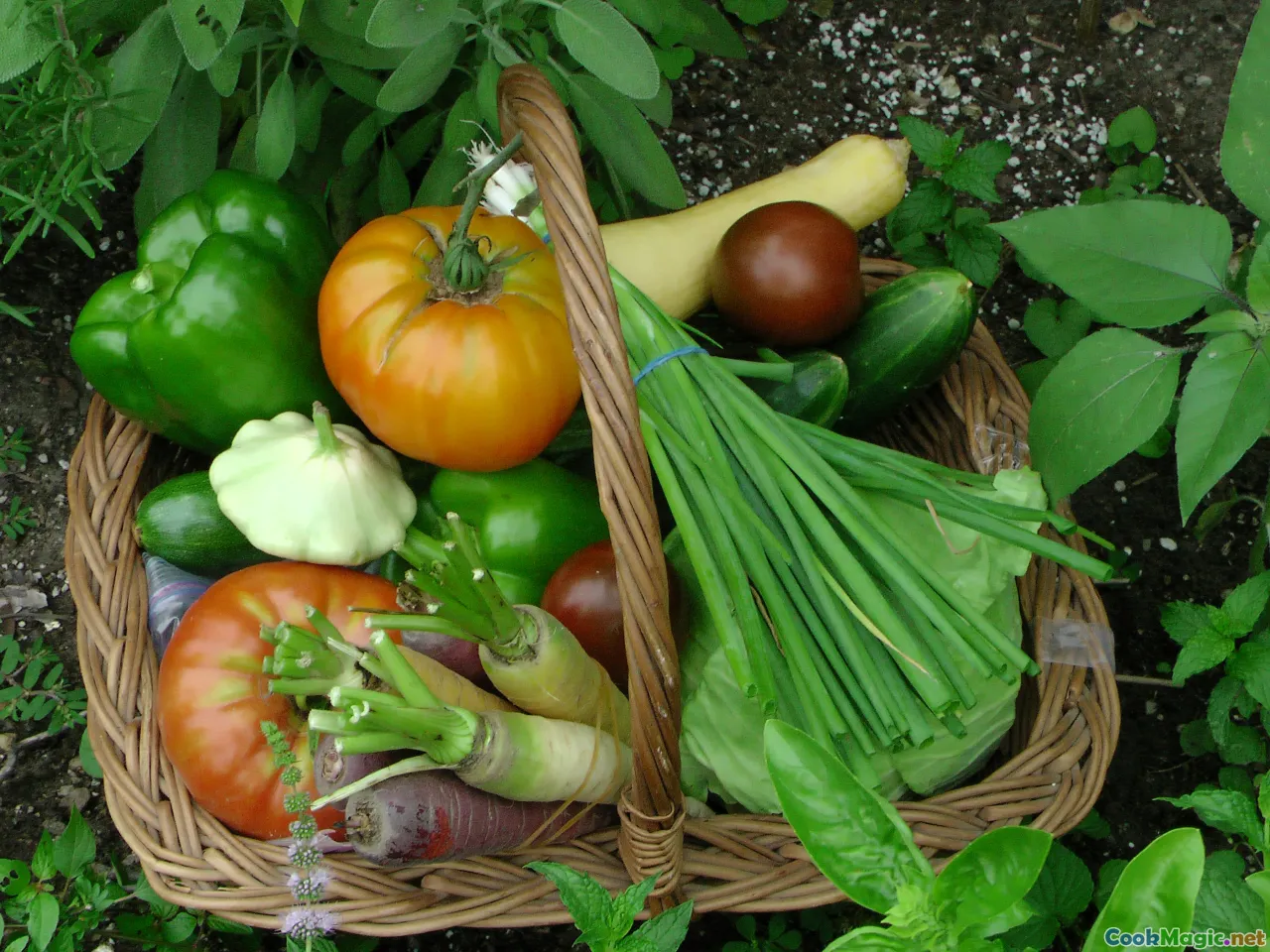
In the modern era, nearly every chef and household in Liechtenstein champions a farm-to-table ethos. This is not just a trend but a cultural commitment to honor the land, respect seasonal cycles, and sustain local communities.
Small-scale farms, some still family-run for generations, produce an array of ingredients—crisp mountain lettuces, wild garlic, tender herbs, and freshly picked berries. These farmers often choose sustainable practices, relying on natural fertilizers and minimal chemical intervention, preserving biodiversity and ecological integrity.
Local produce is the cornerstone of Liechtenstein’s cuisine, and markets like the Liechtensteinisches Landesmuseum in Vaduz serve as vibrant hubs where farmers showcase their harvests—crisp radishes, sweet cherries, and robust root vegetables—each telling a story of soil, altitude, and tradition.
Signature Dishes: An Ode to Local Ingredients
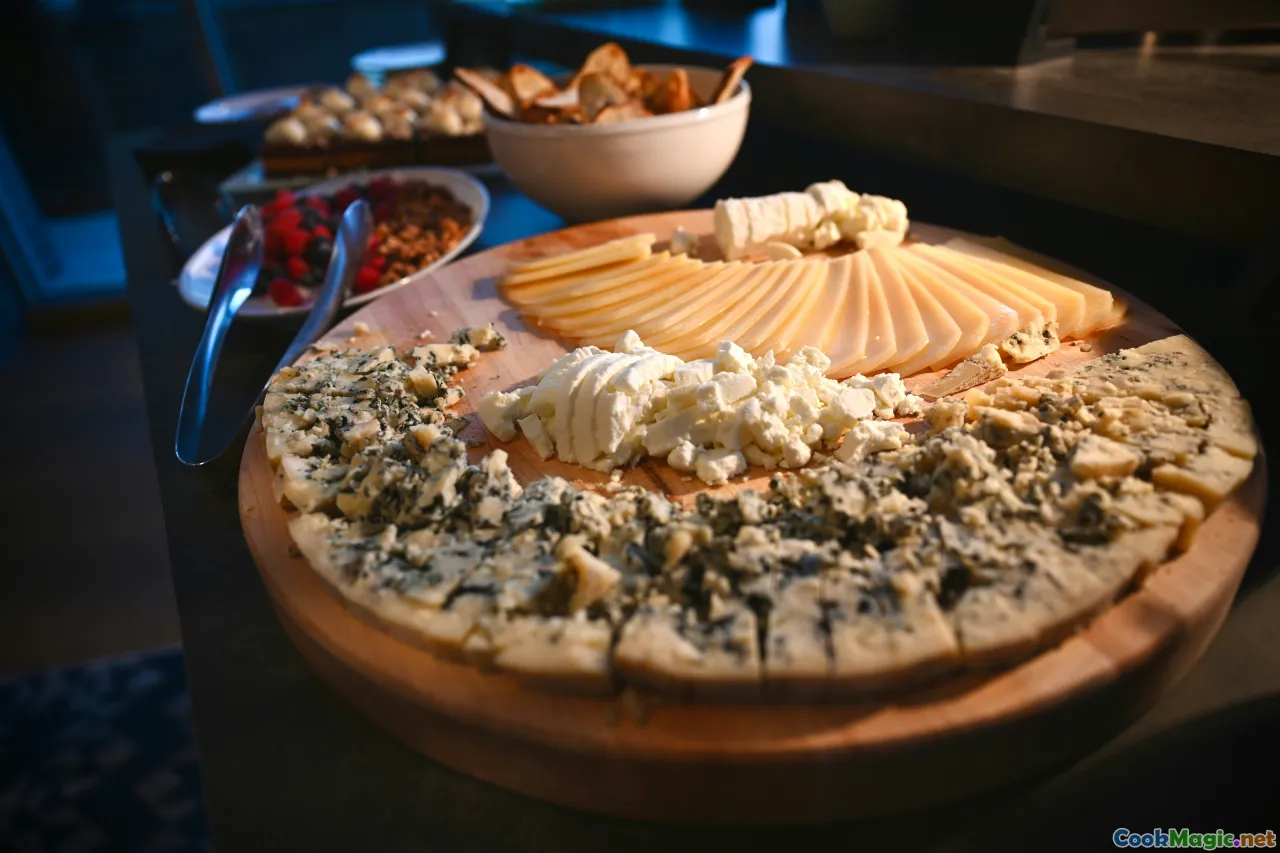
Ribel: A Mountain’s Gift
A humble yet soulful dish, Ribel is a porridge of coarsely ground cornmeal, traditionally cooked over an open fire in a cast-iron pan. Rich in flavor, its golden hue signals the warmth of the mountains, while a dollop of fresh sheep’s cheese or wild mountain berries adds a tangy or sweet contrast. Some households flavor it with herbs like thyme or chives, harvested from their garden. This dish is a testament to resourcefulness, once made to feed mountain peasants during tough winters.
Kasknödel: The Cheesemaker’s Pride
Often served with local speck or hearty stews, Kasknödel are dumplings packed with Liechtenstein cheese—peated for its robust flavor and creamy texture. The cheese is combined with fresh herbs and integrated into soft bread dough, then steamed or boiled. Its aroma—earthy, cheesy, warm—is a comforting call that resonates through mountain villages.
Wild Herb & Berry Tarts
The foraging culture remains vibrant: wild alpine herbs like schabziger (blue fenugreek) and mountain berries such as bilberries and elderberries are harvested in peak seasons, then transformed into tarts, jams, and syrups. The sweet-tart berry flavors balance the herbal bitterness, creating small culinary works of art grounded in the local terroir.
The Role of Sustainable Farming and Modern Innovators
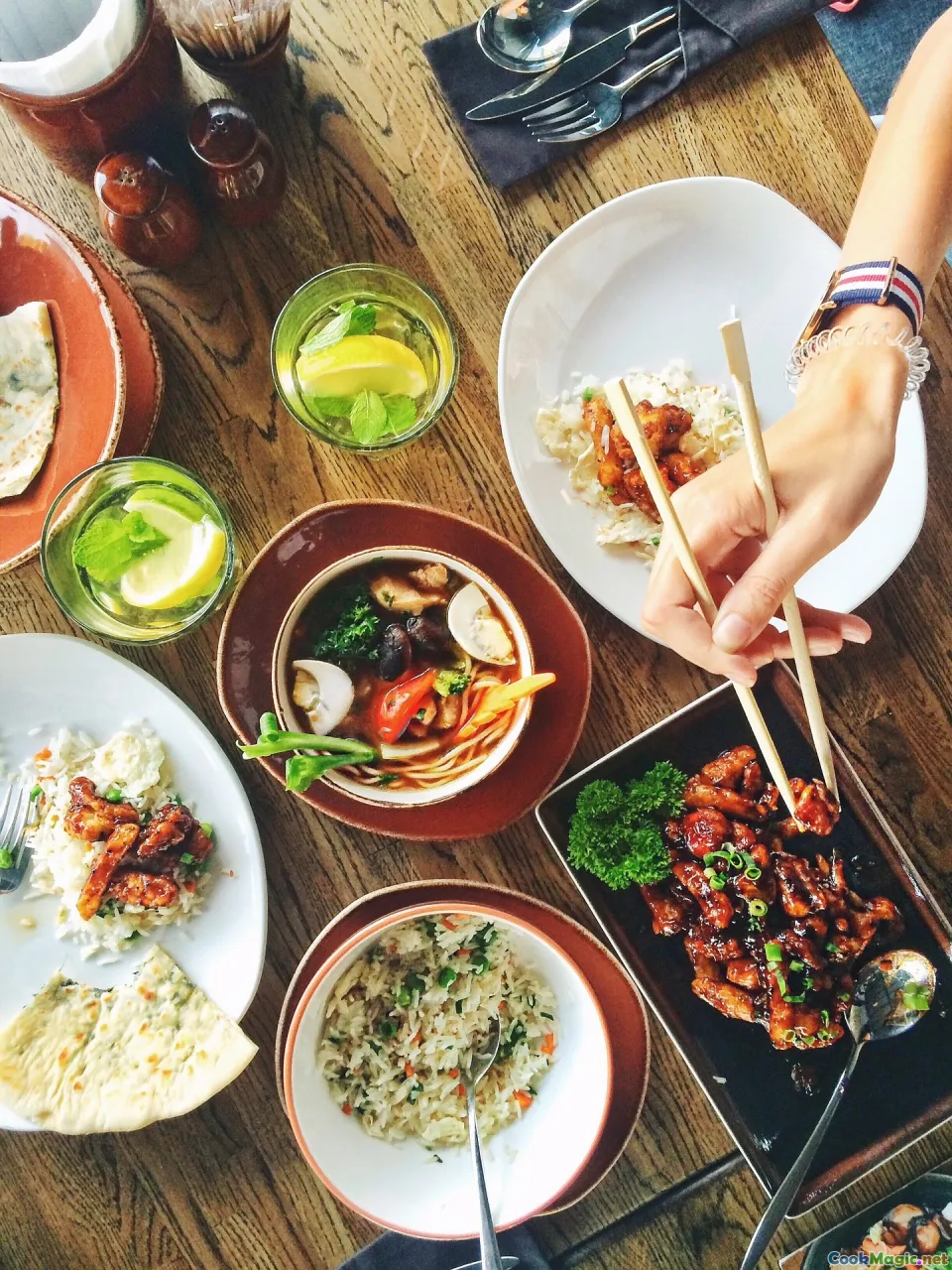
Contemporary chefs in Liechtenstein are blending tradition with innovation, emphasizing sustainability and terroir-driven dishes. Places like Seele in Vaduz are pushing boundaries—serving menus that include locally cured meats, heirloom vegetable varietals, and inventive vegetable-based dishes.
Farm visits are common, allowing chefs and food lovers to engage directly with farmers, pick ingredients firsthand, and understand the journey from seed to plate. This direct connection cultivates transparency and appreciation, inspiring dishes that highlight freshness and seasonality.
For example, chef Stefan Fürst sources organic eggs from nearby farms to create fluffy quiches filled with wild herbs, and local microgreens add a vibrant, crisp texture to salads. A commitment to seasonal menus means what’s on the plate today might be replaced tomorrow by new, more colorful ingredients—driven by nature’s rhythm.
Cultural Celebrations & Food Festivals

Festivals abound in Liechtenstein’s calendar, celebrating the land with music, dance, and, most importantly, food. The annual Almabtrieb, or cattle drive festival, includes communal meals featuring farm-made cheeses, smoked meats, and hearty stews—all prepared with ingredients sourced on-site.
The Liechtenstein Food & Wine Festival showcases local producers, with tables laden with homemade bread, fresh dairy, and wines from nearby vineyards in Austria and Switzerland. These gatherings reinforce community bonds, recalling centuries-old farm-to-table customs with a modern, festive flair.
Personal Tales: Connecting Through Food

Growing up in a mountain village, I remember my grandmother’s kitchen filled with the aroma of baking bread and simmering stews. She would wake before dawn to milk her goats, using the fresh milk immediately to craft cheese or yogurt. Summers meant gathering wild berries and herbs, turning nature into nourishment.
This intimate relationship with food—revering the land, celebrating seasonal abundance, and sharing meals with loved ones—embodies the true spirit of Liechtenstein’s farm-to-table tradition. It’s not merely about sustenance but about storytelling—each dish a chapter of history, resilience, and community.
Embracing the Future: Sustainability and Culinary Innovation
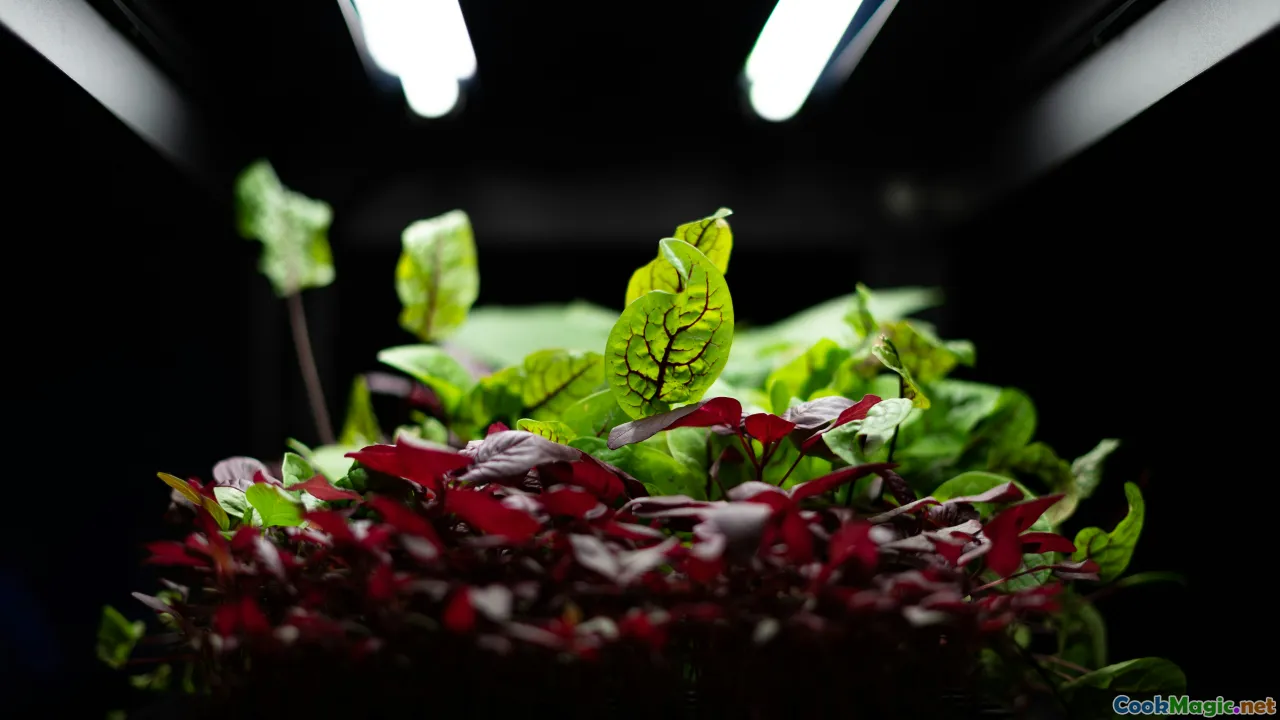
Today, the future of Liechtenstein’s culinary scene hinges on sustainable practices—supporting local biodiversity, reducing carbon footprints, and fostering generational knowledge transfer. Innovative projects, like vertical farms in Vaduz and organic herb gardens atop alpine roofs, suggest an exciting horizon.
Moreover, young chefs are experimenting with plant-based wave dishes, incorporating regional wild herbs into vegan creations, thus expanding the farm-to-table philosophy beyond traditional dairy and meat.
Final Reflection

Liechtenstein’s farm-to-table tradition is a living testament to the profound bond between land and cuisine. It reminds us that even in a small country, heritage and innovation can coexist beautifully. From the sun-dried cheeses to the foraged berries, every ingredient whispers stories of resilience, love, and respect for nature.
As visitors or passionate food lovers, embracing these traditions affords a deeper understanding of Liechtenstein—not just as a destination but as a community deeply rooted in the earth’s generosity. Let each meal be an act of gratitude, a bridge connecting past and present, and a promise to preserve these exquisite, fleeting flavors for generations to come.









